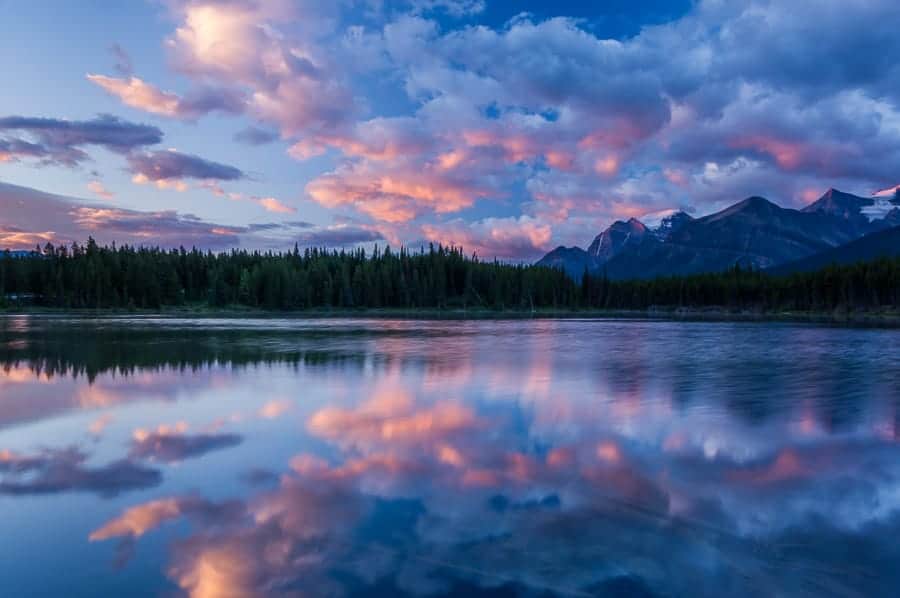
You’ve saved the money and saved up vacation time to take a photography workshop. Whether it’s a day or a week in the field, you want to get your money’s worth. You don’t want to go home unhappy and the workshop leader certainly doesn’t want to send you home dissatisfied. What can you do to ensure you choose the right workshop and have a terrific experience?
A photo workshop, whether landscape, wildlife, portrait, macro or whatever can be one of the best learning opportunities you can have. You get a concentrated dose of photo knowledge, opportunities to practice and get feedback. You live, eat, breathe and sleep photography. (Well, probably not a lot of sleep and the meals maybe erratic!) You can make life-long friends and have the time of your life. For everything to go well, though, you need to do some homework.
Look in the back pages of photo magazines or google “photography workshops” and you’ll find more choices than you can imagine. There really is something for everyone. You can go to almost any location, shoot any subject, choose from a menu of workshop types and instructors. If you can’t find the right workshop then you’re not looking hard enough.
I’ve been fortunate to have been able to go on more than a dozen location workshops. All were good and helped me grow as a photographer, but some were better than others. Here are five tips that I’ve found really enhance the chances that a workshop will live up to, if not exceed, my expectations.
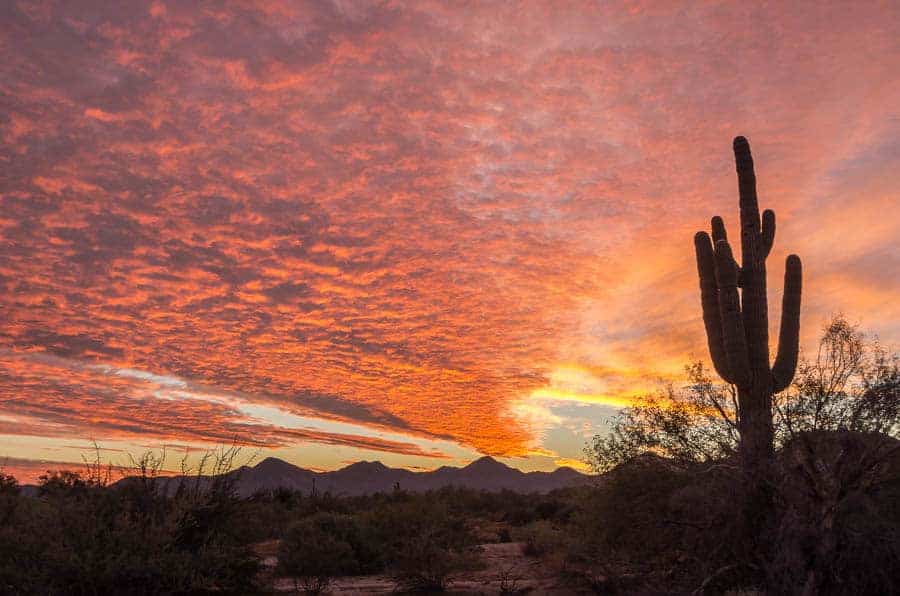
Determine what you want
The first step in finding the right workshop is to be clear about what you want. It may sound obvious, but I’ve seen quite a few people show up at a workshop without any idea of what they want and need to get out of it. They may still have a good time, but they won’t be getting as much as they could out of the experience.
Many times, a workshop begins with introductions and the instructor will ask what you hope to get out of the workshop. The answers help leaders tweak their plans to accommodate the desires of the participants. If you don’t know what you want, how is the instructor supposed to?
Do you want to learn basic camera operations and composition skills? Maybe you are looking for a workshop with some dedicated class time in which an instructor lectures and demonstrates what you need to learn, which is then followed by practice in the field. Some workshops have you out shooting in the golden light of dawn and dusk and spending the mid-day hours in classroom presentations and critiques. The instructors are there to help you with everything and anything. They’ll keep asking you if you need any assistance and are happy to spend time in the field with you perfecting whatever is giving you trouble.
My first location workshop was with Rocky Mountain School of Photography and they followed this format. I was trying to make the leap from taking mediocre snapshots to taking “photographs.” That format was the exact right thing for me at the time. I needed help with everything, absolutely everything. Hearing the explanations, seeing the demonstrations, practicing in the field with instructors by my side and hearing critiques of what I shot was incredibly helpful. I learned so much!
Do you want to improve a weakness in exposure, composition, or post processing? Maybe you want a workshop where there is dedicated time for critiques and/or specific activities to tackle that deficiency. Maybe you don’t even know what that weakness is. That’s where a workshop leader can help. I went on a week-long workshop in Zion National Park a couple of years ago and the instructors had us do a little homework before the workshop started. Each participant sent them five of their best photos and five photos they admired that were taken by others. After examining the submissions, the instructors pointed out to each of us our strengths and weaknesses and set up tasks during the workshop that addressed our problems. During the week, they’d keep checking on how we were improving in those areas.
Are you pretty competent in the basics and just want to shoot with an expert? Some workshops are all about putting you in the right places at the right times in the best light. The workshop leader can help you with any problems you have, but sees his or her main job and expertise as knowing the locale and getting you where you need to be when you need to be there. They’ll tell you what to expect and give a few tips on the best ways to capture what you’re about to see. They won’t be hovering over your shoulder asking if you need help, though they’re happy to assist if you ask. And they might be shooting, too.
Whatever you want and need, there’s a workshop out there for you.
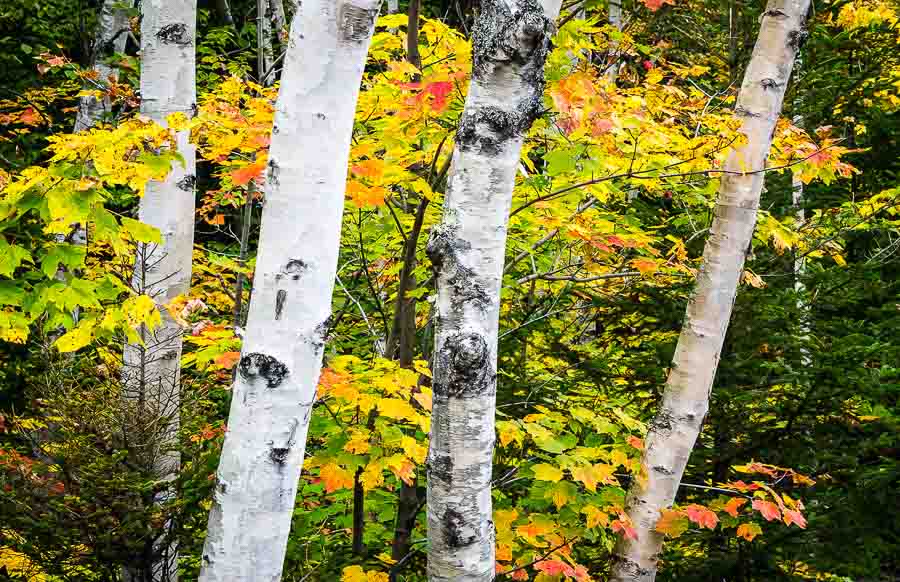
Talk to your photography friends
Ask your photo buddies if they’ve been on workshops and what their experiences were. Put your questions out to any online photography community to which you belong. There are a lot of photographers out there who have been on workshops and are willing to share their experiences, both good and bad.
Don’t just go by the magazine ad or a slick looking website. Sometimes the best workshop leaders don’t advertise because they always sell out. And sometimes the worst leaders have the best ads, because they don’t get repeat business. There’s nothing better than the recommendation of a friend or fellow photographer.
Price is not necessarily a predictor. An expensive workshop can be a drag and a relatively inexpensive one be fabulous. Some locations are just more expensive than others. Some photo workshop leaders live in expensive areas or have a higher overhead than others.
When you’re talking to or corresponding with another photographer, don’t stop at a positive recommendation. Instead, dig deeper. Ask what they liked and what they didn’t like. Ask about the workshop structure and the leader’s style. Find out about the ability levels of other participants, the leader’s availability to answer questions and help you during the workshop.
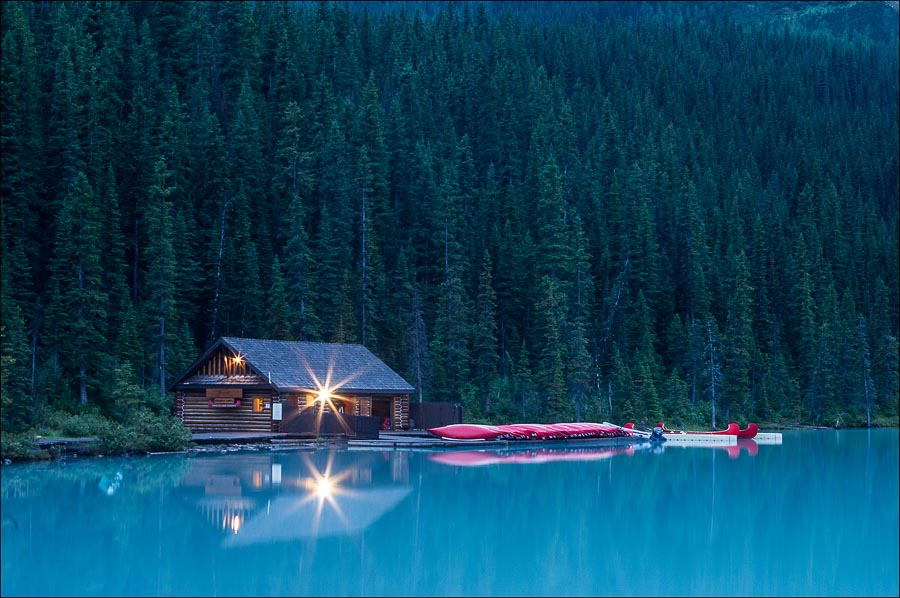
Talk to the workshop leader
Picking the wrong kind of workshop leader can be disastrous. You don’t want someone who’ll be clowning around if you are dead serious about your photography. And you don’t want a dead serious workshop leader if you like things loose and fun. It’s really important that you be comfortable with the leader. That can have as much impact on your enjoyment and satisfaction as the location, the weather, or the content of the workshop. You can get a pretty good idea if you’ll like your instructor after a phone call.
Tell him or her who you are, what you need and what you are looking for. Let them explain the structure of their workshop and how they can meet your needs. Does it sound like you’d enjoy the experience? Does it sound like it would meet your needs? If yes, then you may be on to something.
If the workshop description on their website is intriguing but not complete, ask them to fill in the blanks and give you a better feel for what will transpire. Ask about the average photographic ability level of participants. You don’t want to be completely lost if everyone else is miles ahead of you and you don’t want to be held back if you’re ahead of everyone else.
Find out what level of physical activity is required. The middle of a workshop is a bad time to find out there’s a three-mile hike to a site when you have a bad knee. If you know there’s some hiking involved, practice hiking with your camera gear. That can get really heavy, really quick if you’re not used to it.
Ask for references from previous attendees and talk to at least two. Check reviews, too. It’s your time and money and you want to spend them wisely. Do they set up Facebook groups for their workshops? If so, ask to take a look at one and see what the participants are saying.
If the workshop leader won’t talk to you now, do you really think they’ll be responsive later? But, if you like what you hear, and the reviews are good, you could be well on your way to a great workshop.
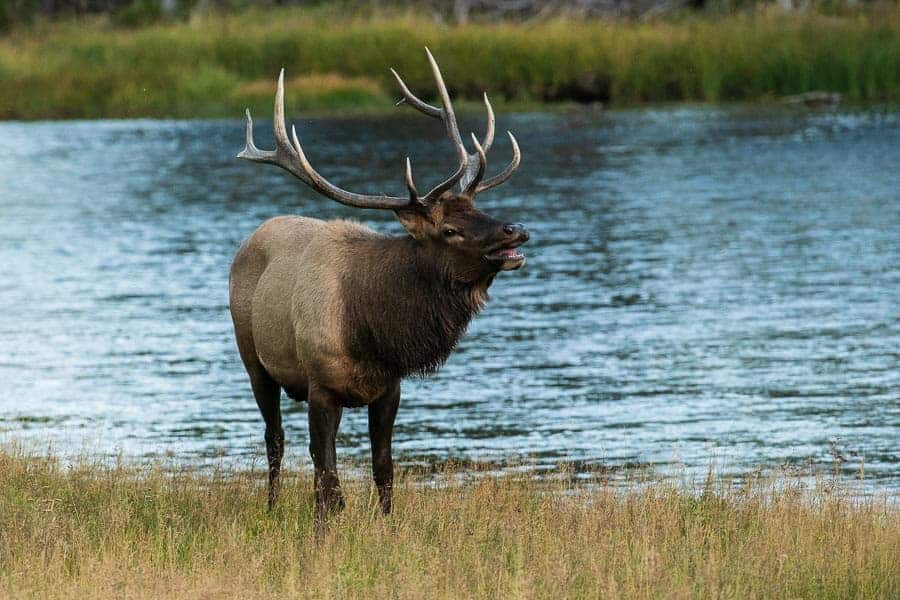
Know the limitations and be realistic
This is not a luxury vacation. You're not in some exotic locale for the local cuisine or the soft beds. You're there to photograph! Meals and sleep take second place. Honestly, you're not going to get enough sleep and you probably won't eat well or regularly but you will get a lot of great photography time.
It should go without saying, but some folks don’t seem to understand that there’s only so much a workshop leader can control. Most workshop leaders plan their trips for the best weather conditions, for peak fall foliage, for a high flow in streams and waterfalls, for animal migration and a hundred other things. But nothing is guaranteed. Foliage can peak early or late. Weather can be glorious or terrible. The animals may be near the road or completely AWOL.
Most workshop leaders do the best they can to give you the best chance of coming back with great images, but there’s a lot that’s beyond their control. Don’t go with your heart set on capturing a great image of a wolf. They may not be active much when you’re there. Go ready to capture what you see and be thrilled with a great shot of a bull elk or an eagle in flight!
There are, however, some less than scrupulous workshop leaders who will schedule workshops in certain popular areas at times just past the peak. They get better rates for rooms and such and can always say “Darn, the foliage peaked a little early this year.”
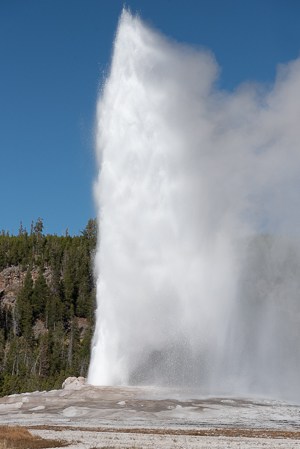
I was just in Yellowstone and the Grand Tetons, where the aspens were peaking in the second and third week of September, right about on schedule. Yet there were photo workshops advertising fall foliage in the Tetons that were not scheduled to arrive until late September or even the beginning of October. All they’ll get is brown leaves or bare trees. If you’re hoping for fall foliage, gushing waterfalls, baby animals or migrating birds, do a little research yourself. The internet is full of information about historic trends for just about anything. Make sure your workshop leader is really planning for peak activity and not just avoiding peak prices.
You should also have a clear understanding of things like how long you’ll be in a vehicle and how long you’ll be on the ground shooting. Realize that a workshop aimed at wildlife will likely involve a lot of driving around and animal sightings can be hit or miss. You can’t predict where you’ll see a moose like you can when the sun will rise over Oxbow Bend in the Tetons. It’s hard to have a set schedule when chasing wildlife. You go where they’ve been sighted, when they’re active.
Set goals and challenge yourself
You’re paying the money and spending the time to go on a workshop, so set some goals. Go beyond your comfort zone. Try something new. If you’re into landscape, try wildlife or astro photography. Portraits? Try some street photography. Don’t just do the same old thing in a different location. Yes, you’re hoping to enjoy yourself but you should also be looking to make some significant improvements in your photography.
This is an area where talking to or corresponding with the workshop leader in advance can be a big help. I was on a photo workshop in Arches National Park that was focused on astro photography. I hadn’t had the opportunity to do much with night skies, as I live near Washington, DC—not exactly a dark sky site. I took this workshop to expand my skills in a new area. During our week in Arches, we were out all night, most nights. Some participants hadn’t fully researched the trip and were expecting more landscape shoots.
My recent trip to Yellowstone and the Grand Tetons was mainly to shoot wildlife, being as there aren’t many moose, wolves, elk or bison where I live, outside of the National Zoo. I learned a lot, not the least of which is how very hard it is to shoot wildlife!
Bonus Tip: Check your ego at the door
A workshop isn't about showing off. Nobody's paying you. It's about learning. So pick a workshop that will stretch you in new directions. You have to be open to new ideas, new techniques and new possibilities. You have to be able to take constructive criticism and advice. You're paying the expert. Let him or her be the expert. If there are photo critiques, don't put in your best images. Submit something that you're not satisfied with. That's how you learn. Don't be too proud to ask for help in the field. In fact, make it a point to ask questions of the instructor. They're not mind readers. They can help you with a problem or a setting, show you how to hone in on a great composition, explain why one shot works and another doesn't. Let the instructors do their job. Help them do their job by letting them know when you're struggling.
And watch what your fellow photographers are doing. Everyone sees things differently. See what they're seeing. You might like it! Share your ideas and problems with them and learn from them sharing theirs.
I am firmly convinced that a multi-day workshop on location is one of the best ways to learn photography. It can be expensive but can also be cost effective when you do photography, live photography, learn photography and talk photography 24/7. You make new friends and gain a lot of skills in a short period of time. So take a little time up front and make sure you get what you’re paying for . . . and more!
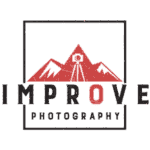
Thanks for the tips Frank
have a nice day
Is that your photos? if yes, that’s really beautiful!
btw, thanks for sharing it, it’s really informative
Nicely done Frank! I’m getting ready to go on my first photo trip workshop and later, a morning with a photo guide. I think your article will help me in getting more from the experience. Thanks!
Nice information thanks for sharing it’s very useful.This article gives me so much information.
photography is the art all the humans not like do this , but photography is my passion thanks for sharing
Really useful advice. Thank you for taking time to put this together.
Awesome photos! it make me can’t wait for my first photo trip workshop! wish me luck!